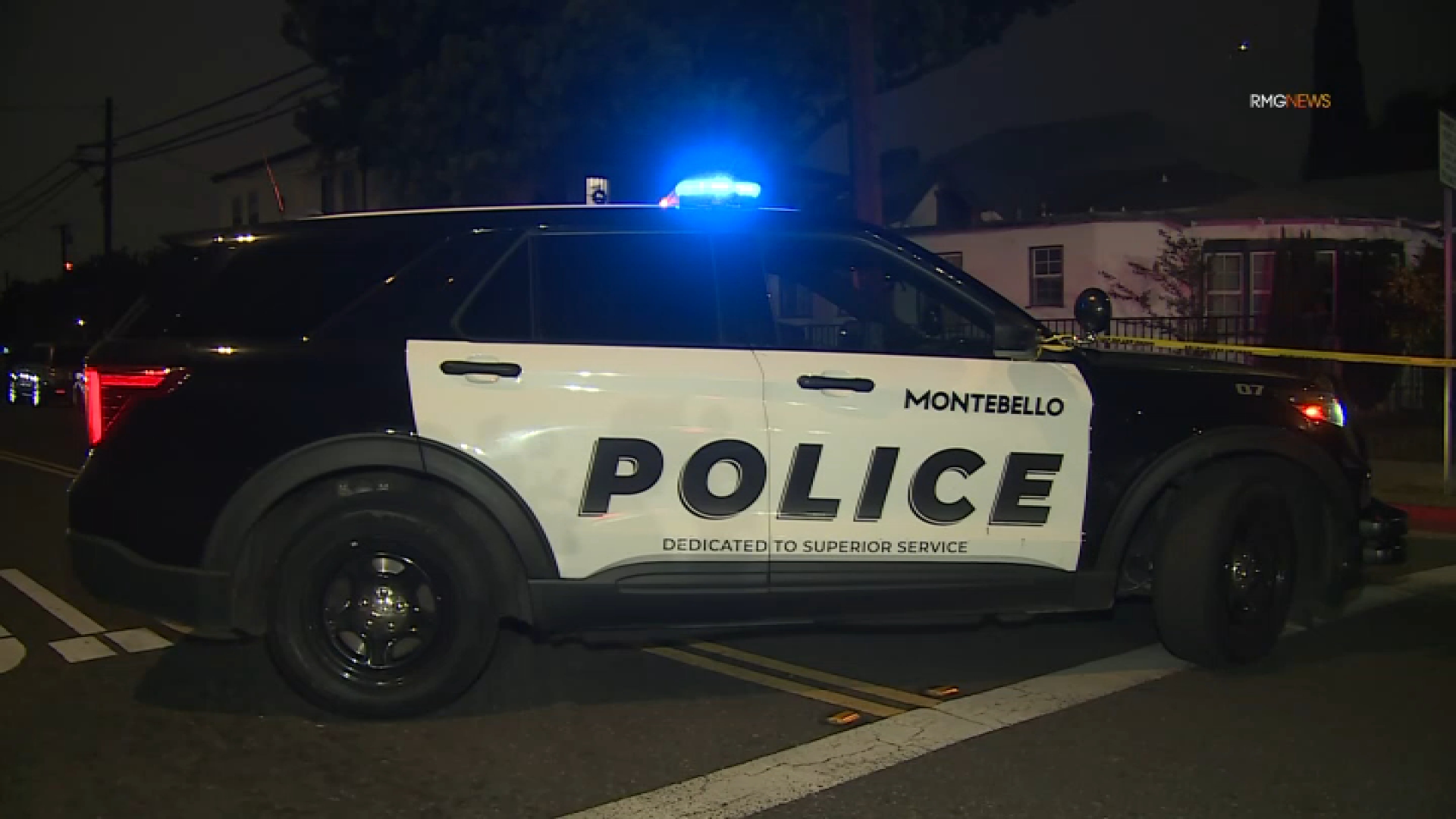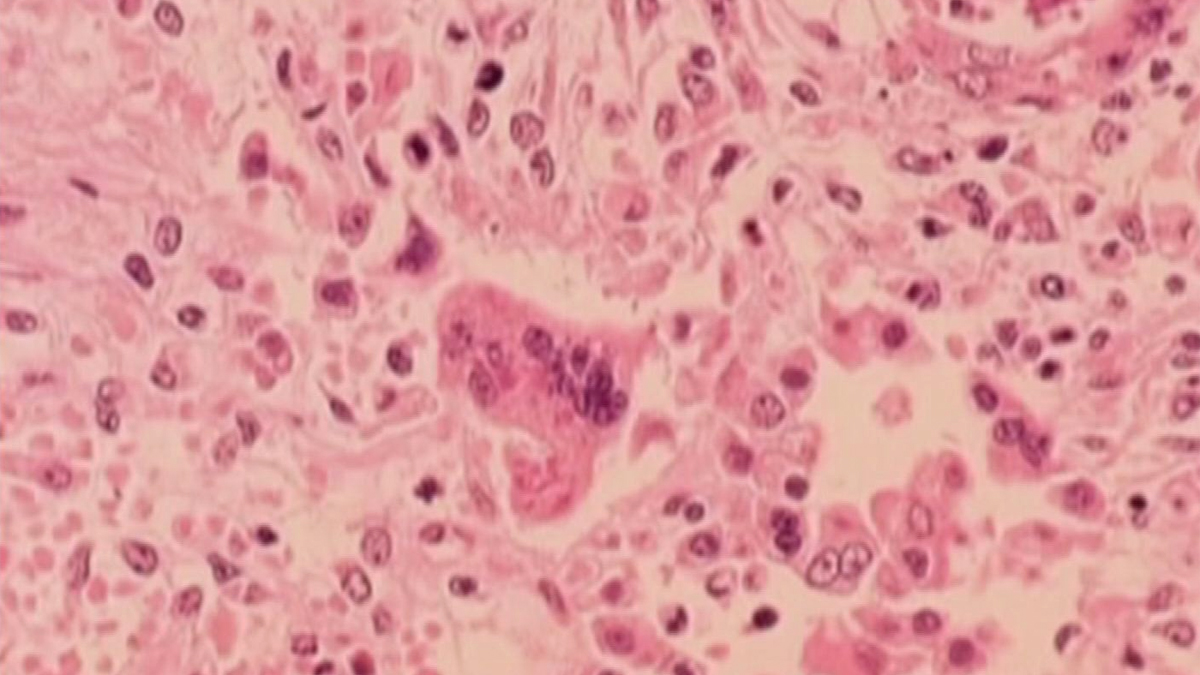The NBC4 I-Team found some stores have contaminated marijuana. Joel Grover reports for the NBC4 News at 11 a.m. on Tuesday Feb. 25, 2019.
Some of the marijuana products sold by Southern California stores and delivery services are loaded with banned toxic chemicals that could make you sick, according to an NBC4 I-Team investigation.
“Why would you want to put poison in your body," said Hinaxi Patel, technical director of Brightside Scientific in Long Beach, an independent state-licensed lab that tested the pot products for NBC4.
Last July, the state of California put regulations into effect which banned a long list of toxic pesticides from marijuana sold by retail businesses. But lab tests commissioned by the I-Team found those pesticides continue to turn up in some products, in amounts that could make a user sick.
Patel explained that some of the banned pesticides could cause serious health problems, especially when they’re smoked or vaped, because they go directly into your bloodstream.

“You're talking respiratory disease, cancer,” Patel told the I-Team.
Recreational pot became legal in January 2018, and the LAPD told the I-Team there are about 535 shops in the city that sell marijuana.
The I-Team bought marijuana cartridges used for vaping, and flower used for smoking, from 24 shops and delivery services and had them tested by Brightside Scientific for all banned pesticides.
Local
Get Los Angeles's latest local news on crime, entertainment, weather, schools, cost of living and more. Here's your go-to source for today's LA news.
Many of those businesses told I-Team shoppers their products were safe.
”Yeah, they’re pesticide free,” an I-Team shopper was told by the saleswoman at Burdank, a dispensary on Burbank Boulevard in North Hollywood, where we bought two vape cartridges under the brand name Dank Tank.
But lab tests showed those cartridges contained numerous banned pesticides, including myclobutanil, a pesticide that the manufacturer said become poisonous hydrogen cyanide when it’s heated up, which is what happens when smoking or vaping the pot. Neither Burdank or Dank Tank responded to our requests for comment.
Seven of the 24 samples purchased by NBC4, or nearly 30 percent, tested positive for pesticides. That means they fail to comply with state regulations for safe pot.
In 2017, the I-Team first tested pot from Southern California dispensaries and found 93 percent of the samples tested positive for pesticides.
After our 2017 report, the state enacted tough regulations that banned many pesticides from use on pot crops.
At the time, the chief of California’s Bureau of Cannabis Control (BCC), Lori Ajax, told NBC4 the goal of the regulations was, “To make sure (the public has) a safe product.”
Now, after finding pot for sale that’s still contaminated with dangerous pesticides, the I-Team asked to speak again with Ajax. Her office said she isn’t doing interviews at this time.
In its new investigation, the I-Team found that all contaminated pot samples it purchased came from stores and delivery services that turned out to be operating illegally at the time of sale; they didn’t have the required licenses, according to the LAPD and the BCC.
The I-Team found all the dispensaries and delivery services on the popular website Weedmaps. Neither Weedmaps nor the businesses tested would talk to the I-Team.
The LAPD tells NBC4 there are about 175 licensed, legal pot shops in the city, and another 350 that are unlicensed.
“We don’t know what kind of chemicals they used to grow this product,” said LAPD Lt. Abe Rangel, referring to the unlicensed shops.
According to the Los Angeles Department of Cannabis Regulation, pot retailers must obtain both a city and state license in order to sell marijuana legally in the city of Los Angeles.
- To see if a retailer has a license with the state of California, visit the Bureau of Cannabis Control’s website.
- To check a license status with the City of Los Angeles, visit the LA Department of Cannabis Regulation’s website.
NBC4 asked Mayor Eric Garcetti, and the chief of LA’s Department of Cannabis Regulation—Cat Packer—to speak with us about why the city hasn’t closed down the hundreds of dispensaries selling potentially dangerous pot. Neither responded to our requests.



